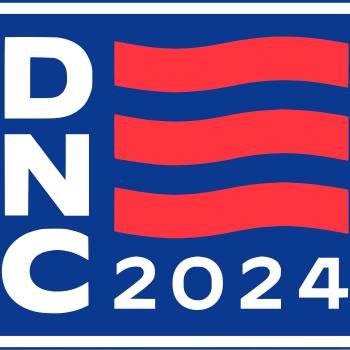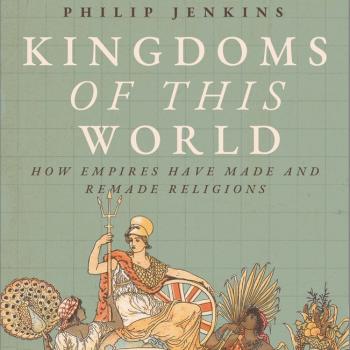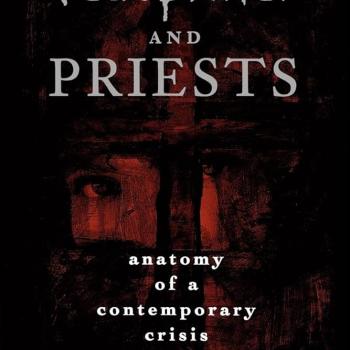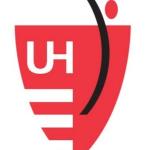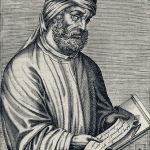This post offers suggestions for beginning a research project of any kind, and particularly in the kind of historical and/or religious history topics that I work on. Based on my own experience, I think these tactics or approaches are very useful indeed, and many conversations through the years suggest they are not widely known. If these remarks seem obvious to you, no problem. If they are of use, that would be great.
Suppose I am undertaking a project on (say) Christianity in Africa or India, and I want to get a rough and ready sense of the literature and the kind of work that is being done right now. One obvious way to get very current information is simply to go to Amazon.com, which will be strictly up to date. It offers an excellent snapshot of the publishing world on the topic in question. But, and this may not be so apparent, amazon.com offers information about work available in the US. If you go as well to amazon.co.uk, that will give you books available in Britain and from British publishers, which traditionally have very different interests and emphases. On Africa or India, for instance, or any global topic, there will be vastly more titles than we find in the US. Indeed, the US references that you do manage to find will be reprinting or joint-publishing works that were originally British. To that extent, the British Empire is still very much alive and flourishing, but has moved its main emphasis into publishing. You will also find a great many books on any random topic – say, witchcraft, or abolitionism, or women’s history, or the Cold War – than are not easily available in the US, or indeed are unknown here. Pretty soon, you have an excellent and up to date working bibliography that you can begin to dig your way through, via inter-library loan. If you are working on a British (or imperial) history topic, then starting with the British site is a no-brainer. Ditto for literary study.
The same is also true of German or French titles, available through amazon.de or amazon.fr, but of course, that assumes some knowledge of those languages. Even so, that gives you a sense of what is being published around the world. And there are plenty of other national affiliates – .es for Spain, .mx for Mexico, .nl for Netherlands, .in for India, and so on. Each brings you to a totally different set of publishers, and publishing interests and obsessions. You might be surprised just how different the Canadian site (amazon.ca) is from the familiar US resource. It’s almost like it’s a whole different country, although they are said to speak a closely related language.
The same comments apply to Wikipedia, which is a much more complex beast than we often assume. I confess to being a fan of Wikipedia, and often use it to get my early bearings on a topic. Now, if you use statements or references at that site without verification, then you are an idiot. Mis-statements and outright errors abound, and often citations just do not say what they are alleged to. But at least you get some idea of the broad outline of a topic, and can follow up specific references. To that extent, and used with care, it is an invaluable resource. As Ronald Reagan almost said, trust, but verify, verify, verify.
But Wikipedia too has that international dimension, and different national entries are NOT just translations of the English. Recently, for instance, I was doing research on the idea of the “noonday demon,” a phrase that tracks back to Psalm 91. Regular Wikipedia has a short, sharp, piece on the topic, which is not of great use. But now turn to the German Wikipedia.de for its entry on the Mittagsdämon and you are in a different world. The entry is vastly longer, more detailed and better researched, with a solid range of sources and references that you would rarely find in English. I could give a great many similar examples. Also, those national Wikipedias have many, many entries on individuals or topics that simply do not feature in the English version.
The best thing I can tell you is: choose your topic, then try it out and see.
Think of this as my vaccine against scholarly isolationism.




